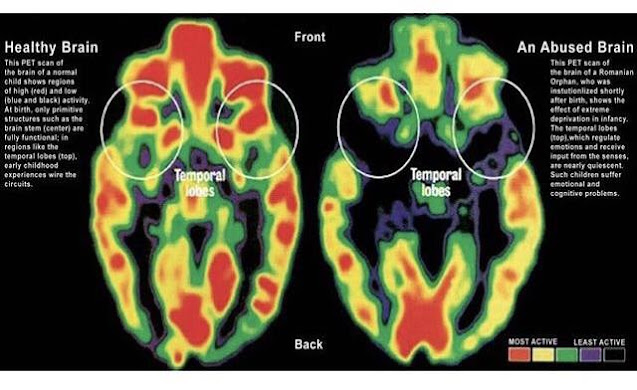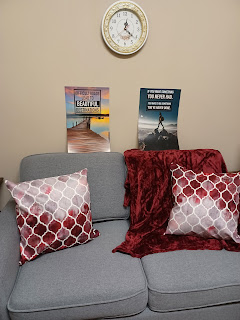Transitions

Transitions - even nice ones - are hard. Just ask any mother who has ever given birth... the term "transition" is considered a stage of labour during which the cervix has dilated and the mother switches from breathing to get through the pain to pushing along WITH the pain. And yes, it's painful, very much so. And yet, it is also purposeful. Transitions happen frequently. The only constant, it's been said, is CHANGE - and some of us have more difficulty with it. Including me. For me, it's kind of like when a baby bird has been in the nest, a source of care, food, and comfort, growing the whole time, growing bigger, growing feathers, and all of a sudden, it comes time to leave that nest and embrace the skies. Scary! And yet ... it is exhilarating. The first realization that the air is holding up the bird's body, buoying up under its wings, must be a source of incredible joy. And yet, it is different - and carries responsibility for self-care, depending on it...





